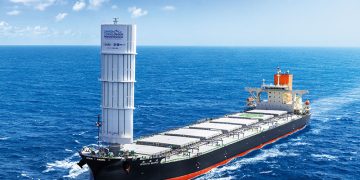International Maritime Solid Bulk Cargoes Code – Group A cargoes may liquefy
If shipped at a moisture content in excess of their transportable moisture limit The West of England P&I Club issues the following regarding the International Maritime Solid Bulk Cargoes (IMSBC) Code:Those who are familiar with the problems that have been experienced with particular cargoes classified as "Group A" in the International Maritime Solid Bulk Cargoes (IMSBC) Code. "Group A" cargoes may liquefy if shipped at a moisture content in excess of their transportable moisture limit, and recent incidents involving nickel ore, Indian iron ore fines and Brazilian sinter feed have resulted in the International Group and the Club issuing various Notices and Alerts.Since many of the difficulties are derived from inaccurate test certificates provided by cargo interests, it is often necessary to instruct a surveyor to take samples and send them to a reliable laboratory for analysis and, in certain circumstances, to appoint an expert. However, experience has shown that shippers may hinder access to stockpiles, and charterers may try to prevent ship owners from using their surveyors, experts or laboratories of choice. The International Group has therefore drafted a clause which it recommends is used by ship owners as a standard template for inclusion in charter parties if "Group ...
Read more
























































